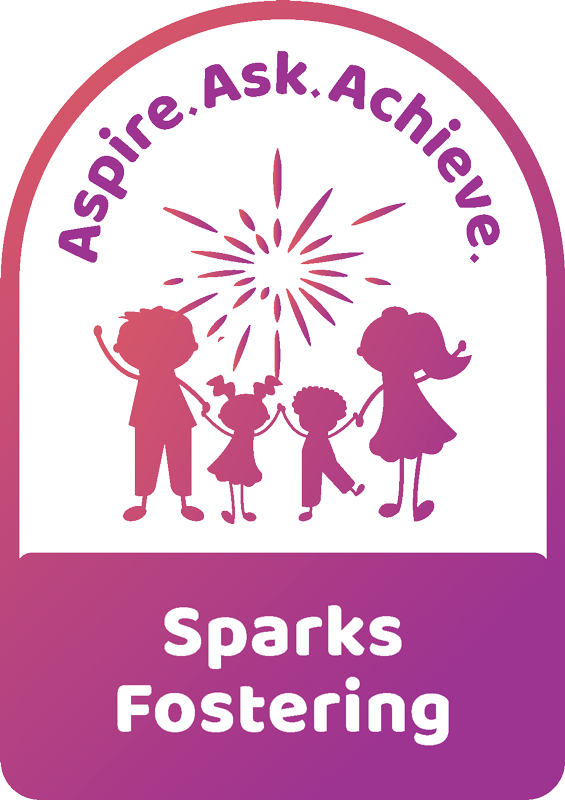How foster parents can help children maintain cultural identity and family connections
Due to the shortage of foster carers, children are sometimes matched with foster carers of different cultural identities. A child’s connection with their cultural identity helps the child to understand their heritage, improves their sense of belonging and supports them to maintain a connection to their family, and cultural community.
Here are some ways that a child’s cultural identity can be promoted:
Speak with the birth family
The birth family can clarify details about the child’s ethnic, cultural, religious, and linguistic background.
Research relevant information online
Learn about the child’s identity from online sources and consider if ongoing online support is required from tutors or organisations.
Find appropriate literature or other media
Order literature for your own learning, or to support the child’s connection to their identity. Look for child-friendly books so the child can explore and learn about their own culture. Ensure that that books, films and other activities that you choose cater to diverse identities.
Attend appropriate training
Fostering providers should support the foster carers to access training which helps foster carers to meet the identity needs of the children.
Speak with people of similar background in your organisation or networks
Foster carers may know people of a similar background within their own networks, or within the networks of the staff or other foster carers of the fostering organisation. These connections may be able to provide valuable support and advice to ensure that the child’s cultural needs are met.
Make connections with community members and organisations
If the foster carers aren’t a cultural match to the child, it’s important that children are able to live in area where there are other members of the same community. Foster carers can make connections with the community by attending community centre events, or other facilities that cater to that cultural group.
Support religious and faith needs
The child’s social worker should aim to work with the birth parents to find out the family’s religious group and sect. The family may follow a very specific subgroup of a religion so it’s important that details are clarified before the child is encouraged to join any faith groups.
Foster carers should also purchase any religious items that are required for the child to practice their faith, or feel more connected to their community. The foster carer may ask the child to keep the items in their room, or they may be kept in various areas of the home if the foster carers are agreeable to that.
It should be noted that faith practices are intertwined with cultural identification so even if the family does not practice their faith strongly, they may follow religious practices and celebrations as part of their connection to their community.
Support the dietary requirements
The child’s family may have religious, cultural or personal beliefs which restrict their diet. This should be clarified where possible and the foster carers are expected to respect the restrictions. When foster carers are unable to cook the preferred or ideal food choices for the child, the carers should aim to cook mutually agreeable food in the home, and then take the out for meals in cafes or restaurants where the child can eat the food of their choice.
Consider dress and relationship norms
Foster carers should encourage children to dress according to the cultural norms of their family and should try to encourage relationship dynamics as practiced in the cultural of the family. For example, children of Muslim parents may be required to cover more of their body with their clothes and not have any pre-marital relationships (i.e. no boyfriends/girlfriends).
Learn about any specific hair care, skin or other self-care needs
Products may need to be purchased to meet specific needs of children from different cultures and the child may need to be supported with their self-care. Specialist community services may also need to be accessed, for example, children of Black heritage are likely to need to have their hair attended to by a hairdresser who understands how to style the child’s specific hair type.
Celebrate cultural festivals and events
Foster carers should find out what the key celebrations are within the child’s cultural group. Carers should learn how to celebrate the events within their home.
Attend community events
If there is a reasonable number of people of a similar cultural background in the local community, there are also likely to be community festivals and celebrations within that community. Foster carers should attend with the child.
Be open to change
As children grow older, they may choose to identify differently with their culture and/or faith – this happens within birth families as well as foster homes. When children who are fostered choose to depart from the cultural practices of their family, this should be explored by the team around the child. Where appropriate, birth family would be included in the discussions with the team around the child. Ultimately, a child cannot be forced to adhere to any cultural or faith practices, but the team around the child must make sure that all reasonable attempts have been made to encourage the child to identify with their culture.






